“Not Technical Enough”
Five Steps to overcome vague feedback
Do you remember the first time someone told you you weren’t technical enough? How did that make you feel?
My first memory of this feedback was during a 1x1 with my manager. I was working towards my first promotion and he told me this was what was holding me back. There was some truth to this. In order to demonstrate to the promotion committee that I was ready for the next level, I needed one large technical project. My experience had been mostly small to medium projects and I needed something bigger.
But there were two problems with the feedback. First, it was too vague. As a software engineer almost everything I did at work was technical. Unless I was ignoring the basic requirements of my job, how could I not be technical enough? Second, there’s an inherent bias to the feedback. Women and BIPOC are much more likely to hear this feedback, because there’s an underlying assumption that we’re starting in the negative and need to prove (perhaps multiple times) that we are actually technical enough. This type of feedback may be coming from a good place, but speaks more to a perception than it does something concrete and measurable. The feedback spoke to a perception perhaps my manager and teammates had, but it failed to help me grow or work towards a promotion.
Has this happened to you? Or have you received other vague feedback that you disagree with?
Five tips to move forward:
1. Ask Questions
As with any feedback, dig deeper by asking questions to understand the feedback giver’s perspective instead of assuming you’re on the same page. Whether you agree with or not, it’s important to get to the bottom of what it means to your manager. Ask for specific examples and if that’s not possible, ask for more details to clarify what they mean.
“You’re not technical enough”
Is this about the length of my pull requests?
Are my pull requests taking too many revisions?
Is this about the scope of the technical projects?
Do I need to write better design documents?
Can you give me an example of recent projects on our team would fit this description?
What would it look like to be doing this well?
Make sure you understand your manager’s perspective and more importantly what it would look like to be seen as “technical enough”. Then, document it.
Take notes from your meeting including action items you are planning to complete and either email it to your manager or add to a shared Google Doc. Often with this type of feedback, it’s easy for the goalposts to move several times. You think you’re working on being more technical, but by the time to reach that goal, there’s a new requirement. There’s nothing wrong with having new areas of growth, but documenting the ways you’ve worked on your goals and showcasing that you have made progress will help both you and your manager.
2. Commit To Change
Sometimes you will disagree with the feedback you receive. This is completely normal, we all have different perspectives. When you disagree, you can decide to push back, escalate, seek another perspective, look into company policies, etc. Regardless of what you decide, the fact remains that your manager thinks you need to be more technical. Your best path forward is to work towards their benchmark rather than changing their mind about the benchmark. Except in extreme cases, seek out escalations or external guidance in parallel with committing to work on the feedback your manager has shared.
Arrive at your next 1:1 having reflected on the feedback and with ideas for improving and present those thoughts to your manager. You want to rephrase your understanding of the feedback, share your thoughts on moving forward, and ask for their help in getting there.
Here’s an example:
“I’ve been thinking more about our conversation last week about getting more technical: specifically through doing more design reviews and having less revisions on my pull requests.
I have looked at my recent pull request and noticed a few key areas to work on (verifying the build before pushing, researching optionals in more detail, and writing better unit tests). I am going to work on this over the next two months and will check in with you then. How does that sound?”
[Pause for response]
“On the topic of design reviews, I want to improve my system deign skills. I picked out a class I can take next month and I’ve identified a few design reviews to look at from our past projects. What I’ll need from you is time to take this system design class over the next month and in the next 3 months I’d like the opportunity to work on a design based project. What comes to mind?”
[Pause for response]
End the meting by summarizing the takeaways and asking to check in again in a month. Again, bonus points for documenting this and sharing it with your manager. As long as your focus is on growing and improving, your manager will be excited to help you in the process.
3. Do the work
Now the real work begins, work through the action items you’ve agreed to with your manager getting feedback from them along the way and track your progress. You can consider starting a Google Doc to keep track of your progress with your manager or replying to the same email thread you originally started. The goal here is to find a straightforward way to document what you’ve agreed to and help them visualize your progress. With some managers this will not be necessary, but tracking your progress will help you as well. Improving in these technical areas will take time and can seem frustrating along the way, demonstrating to your self that you are progressing towards a milestone will help motivate you when it gets hard.
4. Tweak on Your Brand
Along the way, recognize that if you’re in an underrepresented group, some feedback you receive may be less about the work itself and more about your perception. The techniques above can help your manager to change their perception, but to get a good review or a promotion you need to convince more than just your manager.
Think about the people that are widely perceived as super technical or great software engineers on your team. What do they have in common that’s in your control?
Are they the person always sharing complex designs at Sprint Review?
Do they review tons of pull requests?
Do they write a lot of code?
Are they the one who jumps in to solve problems?
Are they very active in the dev slack channel?
Think about the metrics that you and your team are using to identify that someone is very technical and how you can become more like that group of people. This is often less about completely changing your personality or workflow and more about tweaking your brand to highlight what you are already doing.
Maybe you’re the person who writes detailed documentation, but no one knows about it. How can you better highlight this work and its impact to team members? How can you leverage what you’re already good at to help your teammates? What are you known for? How could those skills help more senior engineers with their projects?
5. Check in and Iterate
Take time every quarter to collect new feedback from your manager. Some managers can do this on the fly when requested, but most managers will be able to give more detailed and actionable feedback if you prompt them in advance. If you’re laser focused on your promotion, take time every quarter to ask how you’re progressing towards the next level and what they still see are the largest gaps. Outside of a promotion, this can still be an effective process to discuss how you’re progressing towards a new role or whether you’re performing in a new role.
Being perceived as “technical enough” can feel like an uphill battle, but when you break it down with your manager and iterate on the feedback, you can improve your brand and grow as a software engineer in the span of 3–6 months.
Of course, if there are larger issues at work with your manager or team and “technical enough” feedback is just the tip of the iceberg, it may be time to switch teams or companies. If you’re finding yourself constantly needing to prove your worth and value to the team, it may be time to move on. The tech industry is a large place and there is a team and manager out there that will help you thrive. Don’t settle for a bad environment.


